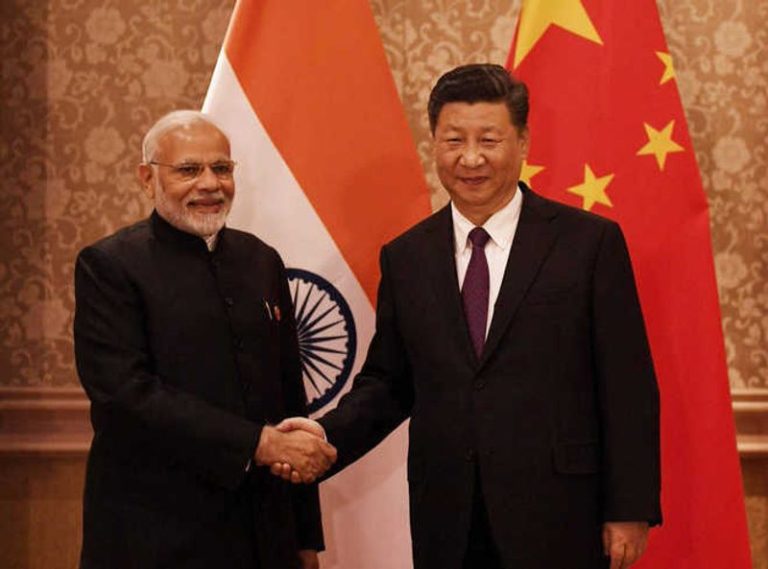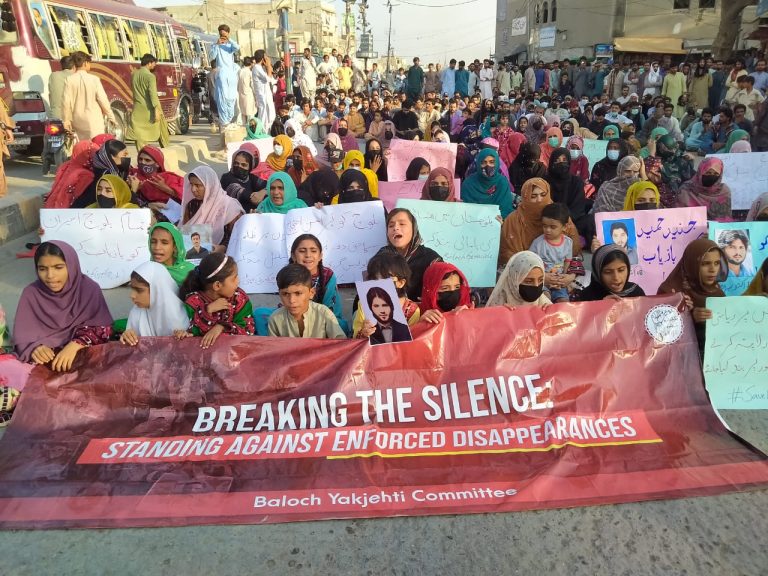Coming within 48 hours of Omar Abdullah taking oath as Chief Minister of J&K union territory, it’s obvious that Friday’s targeted killing of a 30-year-old migrant labourer by terrorists in the Shopian district of South Kashmir wasn’t coincidental. This dastardly murder was clearly meant to buttress Pakistan’s jaundiced view that despite large voter turnout and peaceful conduct of assembly elections in J&K, normalcy still eludes this region.
Though personal details other than name of the victim are unavailable, the fact that the victim had left his home in faraway Bihar and had come to Kashmir in search of an honest living to support his family indicates that he was indeed a very needy person. It would also be fair to assume that being an outsider preoccupied with work, he neither had the time nor inclination to delve into local politics or engage in ideological issues plaguing Kashmir.
It’s thus evident that this unfortunate migrant worker was brutally killed, not for anything he had said or done, but only because he happened to be at the wrong place at the wrong time. Besides demonstrating the complete disregard that terrorists have for human life, killing of an innocent person also completely belies claims made by Pakistan and its local proxies that such killings by ‘mujahideen’ [Islamic warriors] have religious sanction as they are part of the ongoing ‘jihad’ [holy war] in J&K.
Since Islam preaches that “the murder of one innocent person is akin to the murder of the whole of humanity,” aren’t those involved in the killing of innocents and calling themselves ‘mujahideen’ actually apostates? Similarly, aren’t those decreeing that such heinous killings are admissible in ‘jihad’ intentionally misrepresenting Islam, and are hence guilty of blasphemy? These are some pressing issues that should concern both the clergy and civil society in Kashmir.
Murder of Civilians in J&K
The long history of violence orchestrated by Pakistan Army’s spy agency Inter Services Intelligence [ISI] in J&K has adequately exposed how low Rawalpindi can stoop in order to further its own self-serving interests. More than thirty years ago it beguiled gullible Kashmiri youth to become cannon fodder in its proxy war aimed at bleeding India through ‘a thousand cuts’ by creating the illusion that an ‘armed struggle’ would get them ‘azadi’ [freedom].
However, within no time, ISI’s unilaterally changed the goalpost by altering the very objective of the so-called ‘armed struggle’ from ‘azadi’ to merger with Pakistan. Separatist leaders who opposed Pakistan’s interference [like All Jammu and Kashmir Awami Action Committee chairman Mirwaiz Mohammad Farook and Jammu and Kashmir Liberation Front [JKLF] ideologue Prof Abdul Ahad Wani] were murdered, while others meekly accepted this barefaced subjugation of the Kashmiri people by Pakistan.
JKLF, which initially spearheaded the so-called “armed struggle” in J&K espoused ‘azadi’, but this objective went against Rawalpindi’s vested interests. So, ISI created a new terrorist group called Hizbul Mujahideen [HM] to propagate Kashmir’s merger with Pakistan. The HM quickly decimated JKLF in a bloody turf war, and JKLF’s Pakistan based co-founder Amanullah Khan’s revelation that HM had killed more JKLF cadres than Indian security forces gives a fair idea of the humongous scale of bloodshed.
On the political front, ISI orchestrated creation of All Parties Hurriyat Conference [APHC], an amalgam of separatist groups that served as its faithful minion. Consequently, the “azadi”call gave way to the “Kashmir banega Pakistan” [Kashmir will become part of Pakistan] slogan. The unfortunate part was that both APHC leaders and terrorist commanders who vociferously voiced their non-negotiable stand on the ‘right to self determination’ suddenly turned into staunch advocates of Kashmir’s merger with Pakistan.
So, while the people of Kashmir were forced into accepting subservience to Pakistan, separatist and terrorist leaders responsible for fulfilling ISI’s demand were suitably rewarded.
The wanton violence that erupted in the early nineties turned the paradise on earth into veritable hell soaked in the blood of innocent Kashmiri men, women and children. To prevent its bluff being called out, Rawalpindi cunningly played the religion card that saw the emergence of a new question-cum-answer slogan-“Pakistan se hamara rishta kya? La illahaillallah” [What is the relation of Kashmiris with Pakistan? There’s no other God but Allah].
Kashmir’s Blood Price for Peace
Islamisation of the so-called ‘Kashmir struggle’ in J&K has opened doors to religious fundamentalism. Readers would recall that in 2017, HM commander Zakir Musa had declared that “We are fighting for “Azadi baraye Islam [freedom for the sake of Islam].” Announcing that “My blood will spill for Islam and not for a secular state,” he threatened to behead APHC leaders if they continued referring to the Kashmir issue as being “political in nature” and not an “Islamic struggle.”
Musa’s leaving HM and joining Al Qaida affiliate Ansar Ghazwat-ul-Hind [AGuH] indicates the dangers of religious radicalisation. Despite having threatened to behead APHC leaders, the crowd that turned up for his funeral was as big as what one saw during the funeral of HM poster boy Burhan Wani. The extraordinary public popularity for the AGuH chief espousing Al Qaida’s skewed Quranic interpretations is indeed something that should have worried the intelligentsia and civil society in Kashmir, but there are no such indications.
Even before one could overcome the shock of Friday’s cold blooded murder of a migrant worker in Shopian, terrorists struck once again on Sunday. Shooting indiscriminately at a group of labourers working on a tunnel project in Gund area of South Kashmir’s Ganderbaldistrict when they were returning to their camp after completing the day’s work, the terrorists killed one local doctor and six immigrant workers while seriously injured five others.
It seems that Pakistan Army’s proxy war has either dulled sensitivities of the Kashmiri people towards unprovoked violence in J&K or forced them to become mute onlookers. The ongoing trend of civilians having no connection whatsoever with the Kashmir issue being murdered just to keep Rawalpindi in good humour by keeping the pot boiling in Kashmir, can easily spiral out of control and adversely impact the fragile peace that’s slowly returning in Kashmir. This can’t be allowed to happen.
So, it’s time people of Kashmir demand that the killers tell them the compelling reasons for committing such unpardonable acts of extreme brutality against innocent civilians that brazenly violate Islamic teachings? Most importantly, it’s time Kashmiris became more discerning and by displaying assertiveness, reject Pakistani interference and take control of things themselves. They need to understand that killing innocent civilians in J&K solely serves Rawalpindi’s perverse intentions, which is vitiating the peaceful environment in Kashmir and making life for locals.
This must end.










